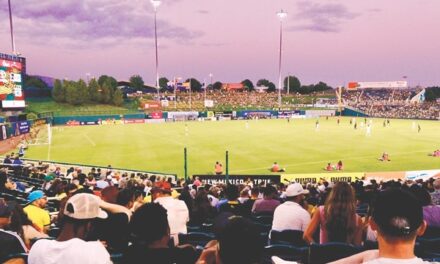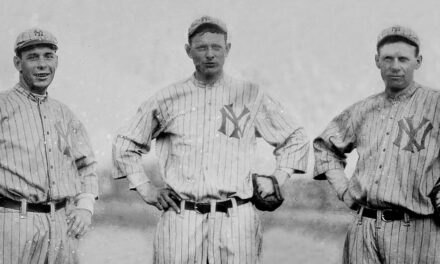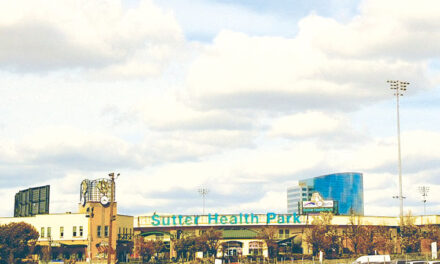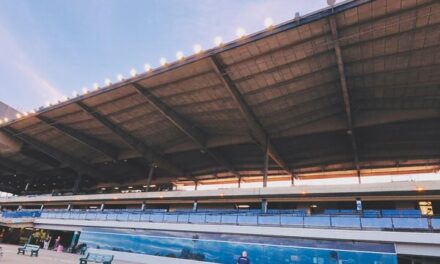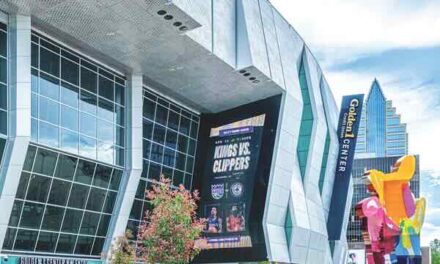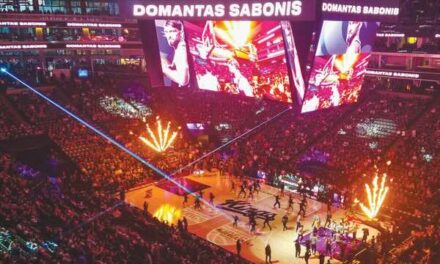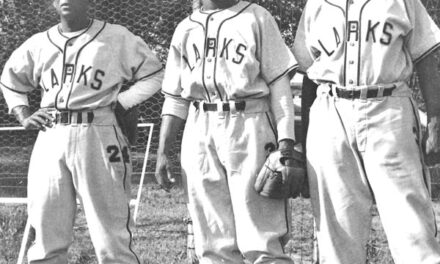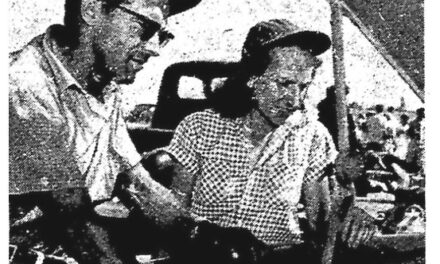Sacramento soccer fans are patient. It’s the secret to their survival. Elder aficionados have waited 40 years to see a local side match the skill and excitement of the Sacramento Gold, which filled Hughes Stadium, won the 1979 American Soccer League championship and lost the final in 1980.
Someday local fans may cheer a stronger left foot than the one that made the Gold’s Ian Filby the best scorer in the league. And they may find a more clever coach than Billy Williams, who built the Gold into a United Nations of diversity with winners imported from England, Scotland, Latin America and South Africa.
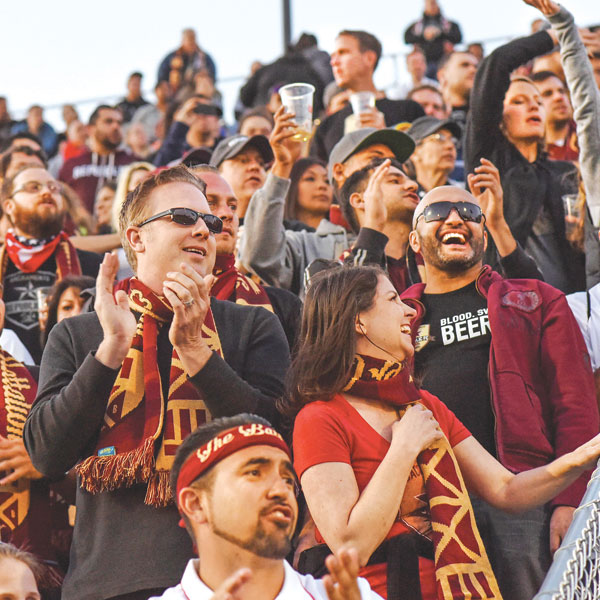
So the wait continues. Major League Soccer, scheduled to drop anchor in the Downtown railyards in 2022, will remain adrift for the next several years at least. Coronavirus has put the league’s expansion plans on hold.
Soccer optimists believe the virus will delay Sacramento’s entry into the MLS by one season. That’s wishful thinking. There’s no objective evidence to indicate COVID-19 and the economy will cooperate.
Assuming Californians somehow obtain reliable vaccines or acquire herd immunity by mid-2021, nobody knows how the economic landscape will respond, especially related to stadium construction.
Stadiums are the world’s most useless structures in a pandemic. Sporting audiences will be the last group repatriated with their passions, in person at least. If you were an investor whose career depended on safe and solid bets, a $300 million soccer stadium finance deal would not be high on your “must do” list.
Sacramento soccer promoters Ron Burkle and Matt Alvarez have made the customary calming statements. They want to avoid panic among the faithful. Alvarez cites the pent-up desire of people to join crowds—an indisputable human trait with deadly consequences these days. He believes the economy will roar back once approval is granted to throw away our facemasks.
He’s probably right, but don’t hold Alvarez to a schedule. The recovery will not resemble the start of a Formula 1 race, where a flag waves, lights flash and cars rush off. There will be no single magic starting date for in-person sports.
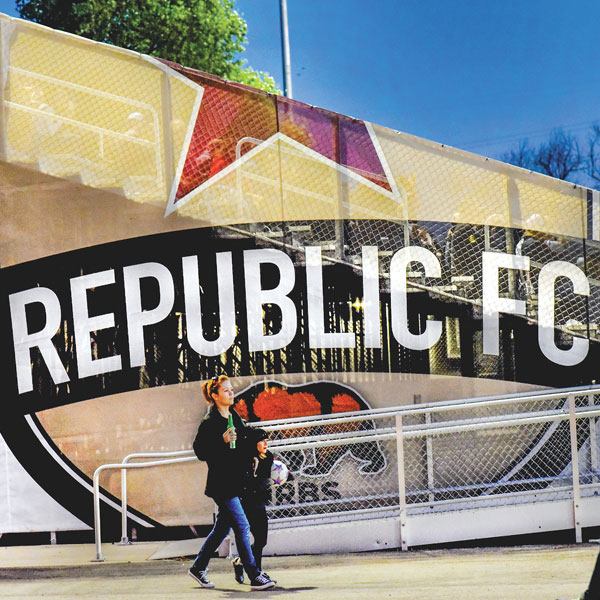
Most likely, recovery will take years. Some fans will be eager to return to mass gatherings. Others: not so much. The past summer was a preview. Eagerness to resume normalcy was dangerous behavior.
Economically, the problems created by COVID-19 may linger for years. Burkle and Alvarez are talking about redesigning their new stadium and filling it with fewer than 20,000 seats. While pragmatic, that means less income for the owners.
Then there’s the city, a partner in Sacramento’s MLS stadium adventure. The city’s budget is being hollowed out by tax shortfalls created by the virus. The priorities of 2019 will look much different in 2022.
This doesn’t mean the Downtown railyards will languish without a stadium through 2023 or 2024, or that the MLS will reverse course and not expand to Sacramento. It just means for now, all soccer bets are off.
Luckily, some of us can still remember the winning Gold and Ian Filby’s superb left foot.
ICELAND TRIBUTE
After this column revisited the 1972 Sacramento police murder of teen Ray Brewer near the Iceland skating rink, an anonymous reader offered to purchase a block of etched Iceland glass in Brewer’s memory. The block will be displayed when the Del Paso Boulevard rink is rebuilt next year. Glass blocks will also be made for Brewer’s friends, Adrian Richardson and Larry Ward, who tried to help him that night.
Cops mistook the three boys for robbers. After Brewer was shot, police beat Richardson and Ward. The glass blocks are an overdue honor. “We’ll put them right together in Window 3 when it’s put on the front of Iceland,” rink owner Terrie Kerth says.
R.E. Graswich can be reached at regraswich@icloud.com. Follow us on Facebook, Twitter and Instagram: @insidesacramento.




